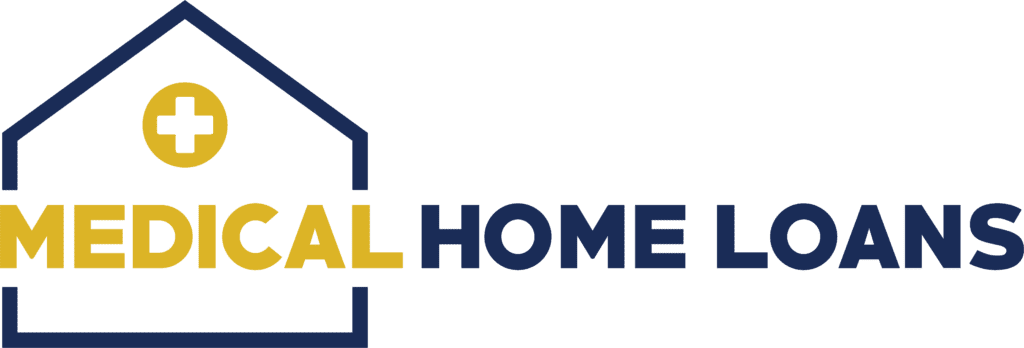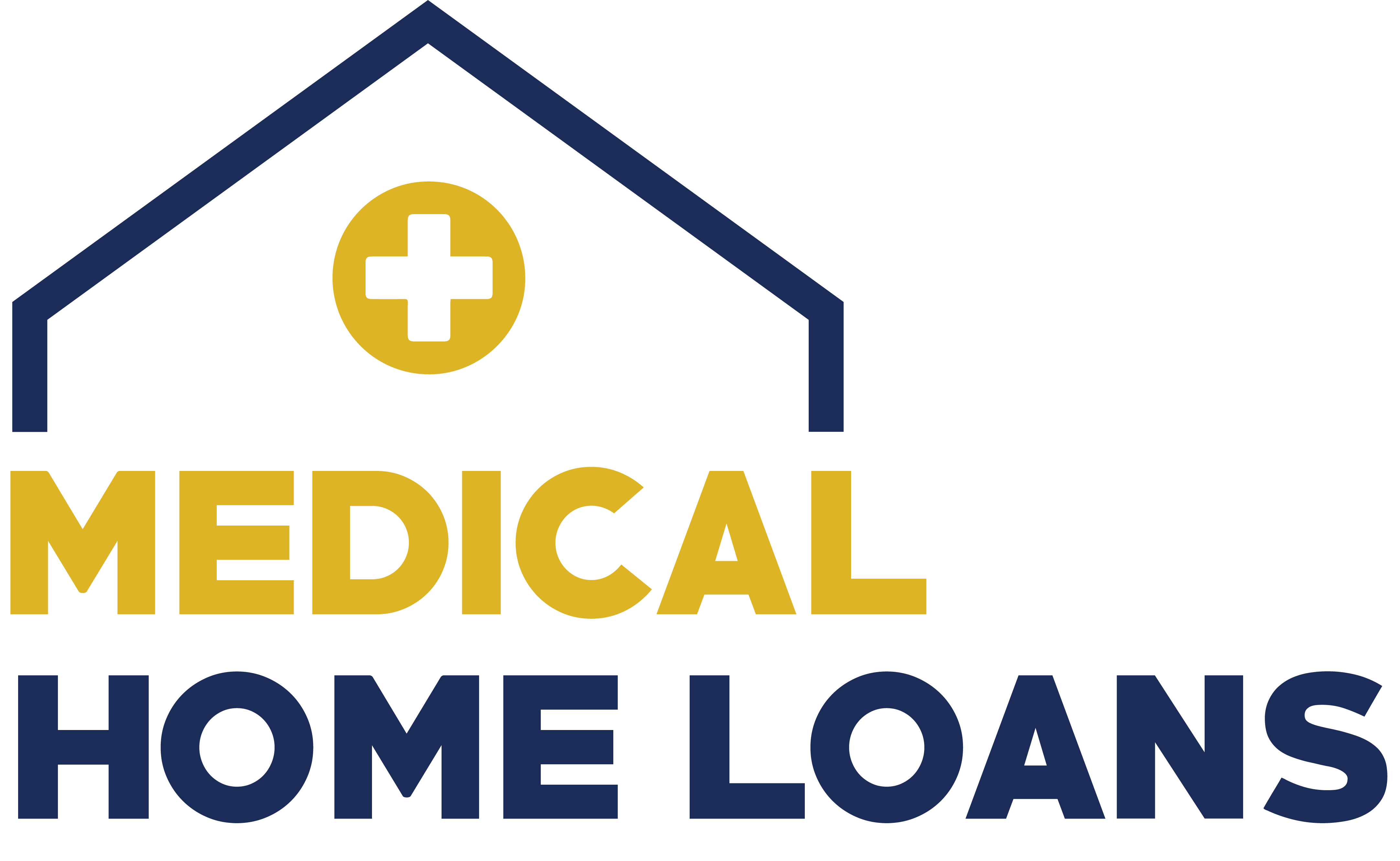Preparing for the National Board of Examiners in Optometry (NBEO) is a crucial step in your career. The NBEO exam is a comprehensive test that covers a wide range of topics related to optometry, including clinical skills, patient management, and ocular disease diagnosis and treatment. Preparing for the NBEO can be challenging, but with the right approach, you can maximize your chances of success as an optometrist. In this blog post, we’ll explore some strategies you can use to prepare for the NBEO as an optometrist.
Key Takeaways:
- Start Early: Preparing for the NBEO as an optometrist takes time and effort, so it’s important to start early and give yourself plenty of time to study and practice.
- Use Study Resources: There are many study resources available for NBEO preparation as an optometrist, including textbooks, online courses, study guides, and practice exams. Utilizing these resources can help you stay on track and succeed on the exam.
- Focus on Weak Areas: It’s important to identify and focus on your weak areas as you prepare for the NBEO as an optometrist. Spending extra time reviewing and practicing these areas can help improve your overall knowledge and confidence.
The NBEO Exam Content
 Before we dive into how to prepare for the NBEO as an optometrist, let’s take a look at the exam content. The NBEO exam consists of three parts: Part I (Applied Basic Science), Part II (Patient Assessment and Management), and Part III (Clinical Skills).
Before we dive into how to prepare for the NBEO as an optometrist, let’s take a look at the exam content. The NBEO exam consists of three parts: Part I (Applied Basic Science), Part II (Patient Assessment and Management), and Part III (Clinical Skills).
Part I covers the basic sciences relevant to optometry, including anatomy, physiology, optics, pharmacology, and microbiology. This section is computer-based and consists of 200 multiple-choice questions.
Part II covers patient assessment and management, including diagnosis, treatment, and management of ocular diseases, as well as patient communication and legal and ethical issues. This section is also computer-based and consists of 450 multiple-choice questions.
Part III covers clinical skills, including patient care, ocular examination, and diagnostic procedures. This section is hands-on and consists of a series of stations where you will be required to demonstrate your clinical skills as an optometrist.
Now that we understand the exam content let’s take a look at some strategies you can use to prepare for the NBEO as an optometrist.
- Start Early: As an optometrist, preparing for the NBEO requires a significant amount of time and effort. It’s important to start early, ideally several months before the exam date. Starting early will give you enough time to cover all the material and identify areas where you need additional study.
- Review the Exam Content: Before you begin studying as an optometrist, it’s important to familiarize yourself with the exam content. The NBEO website provides detailed information about the exam content, including sample questions and study resources. Reviewing this information will help you develop a study plan and identify areas where you need to focus your efforts.
- Create a Study Plan: Once you have a good understanding of the exam content as an optometrist, you can create a study plan. Your study plan should include specific goals and deadlines for each study session, as well as a schedule for review and practice exams. A study plan will help you stay organized and on track, and it will ensure that you cover all the material in a timely manner as an optometrist.
- Use Study Resources: As an optometrist, there are many study resources available for the NBEO, including textbooks, online courses, and study guides. It’s important to use a variety of resources to ensure that you get a comprehensive understanding of the material. You may also want to join study groups or work with a tutor to get additional support.
Textbooks: There are many optometry textbooks available that cover the material on the NBEO. Look for textbooks that are specifically designed for NBEO preparation, as they will provide a focused and comprehensive review of the material. Some popular textbooks for NBEO preparation as an optometrist include Clinical Optics by Andrew R. Elkington and Helen J. Frank and Review of Optometry by Neil Gailmard.
Online Courses: Online courses are another great study resource for the NBEO as an optometrist. They offer a structured and interactive way to review the material and provide a great option for those who prefer a more flexible study schedule. Some popular online courses for NBEO preparation as an optometrist include OptoPrep, KMK Optometry, and Optometry Review.
for those who prefer a more flexible study schedule. Some popular online courses for NBEO preparation as an optometrist include OptoPrep, KMK Optometry, and Optometry Review.
- Study Guides: Study guides are another useful resource for NBEO preparation as an optometrist. They provide a condensed overview of the material and can be a helpful review tool as you approach the exam date. Some popular study guides for NBEO preparation as an optometrist include Optometry Board Review by Dr. Dexter Fong and The Ultimate Guide to the NBEO by Dr. Kelsey Moody.
- Practice Exams: Practice exams are an essential part of NBEO preparation as an optometrist. They will help you assess your knowledge and identify areas where you need additional study. Practice exams will also help you become familiar with the format and style of the questions on the actual exam. There are many practice exams available for the NBEO, including those provided by the NBEO itself, as well as those offered by online courses and study guides.
- Focus on Weak Areas: As you prepare for the NBEO as an optometrist, it’s important to focus on your weak areas. If you struggle with a particular topic or concept, spend more time reviewing and practicing that material. Don’t be afraid to ask for help if you need it, whether that means working with a tutor or joining a study group.
- Take Care of Yourself: Preparing for the NBEO as an optometrist can be stressful, but it’s important to take care of yourself during this time. Make sure to get enough sleep, eat a healthy diet, and exercise regularly. Taking care of your physical and mental health will help you stay focused and energized as you approach the exam date.
Conclusion
Preparing for the NBEO as an optometrist can be a challenging but rewarding experience. By starting early, familiarizing yourself with the exam content, creating a study plan, using study resources, practicing exams, focusing on weak areas, and taking care of yourself, you can maximize your chances of success as an optometrist. Remember to stay focused, stay motivated, and stay positive – with the right approach, you can conquer the NBEO and achieve your goals as an optometrist.







